56. Section 10 Textbook
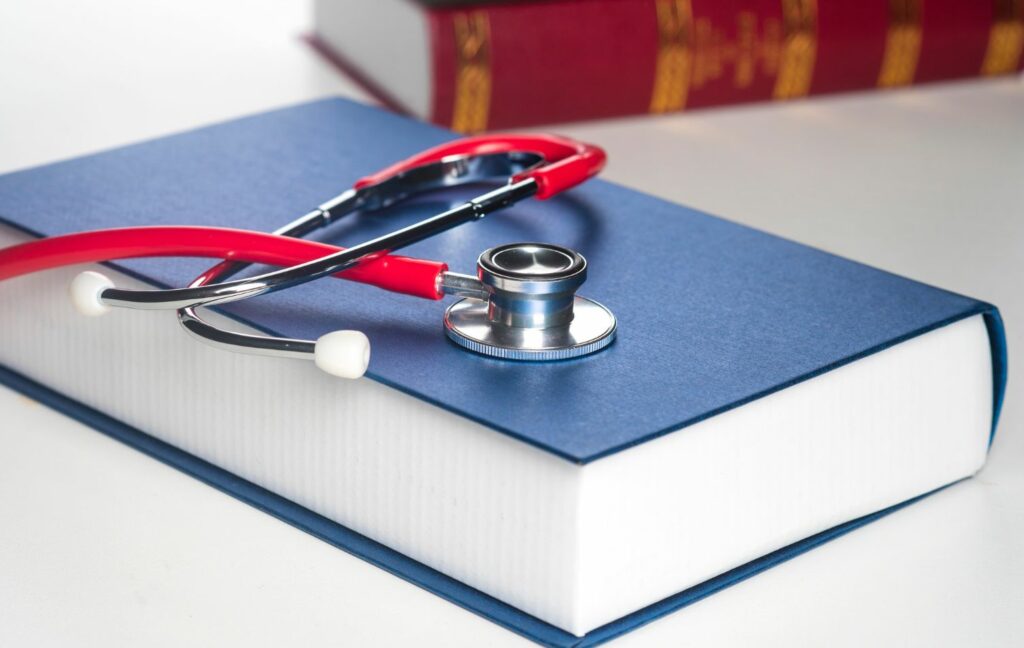
— —

— —
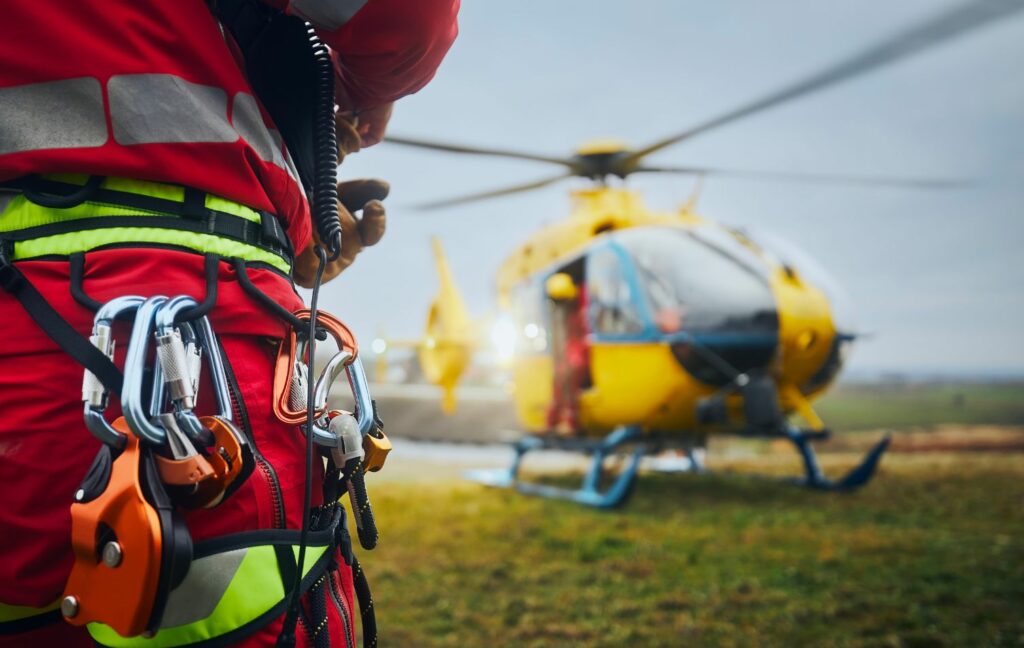
Prepare for the complexities of disaster situations, learning to coordinate resources, provide aid, and mitigate the impact of large-scale emergencies effectively.

Gain essential knowledge of crime scene management, ensuring safety and preserving evidence when emergencies intersect with potential criminal situations.

Explore the logistics and protocols involved in patient transport. Ensure safe and effective transfer of patients between care settings, including ambulances and hospitals.
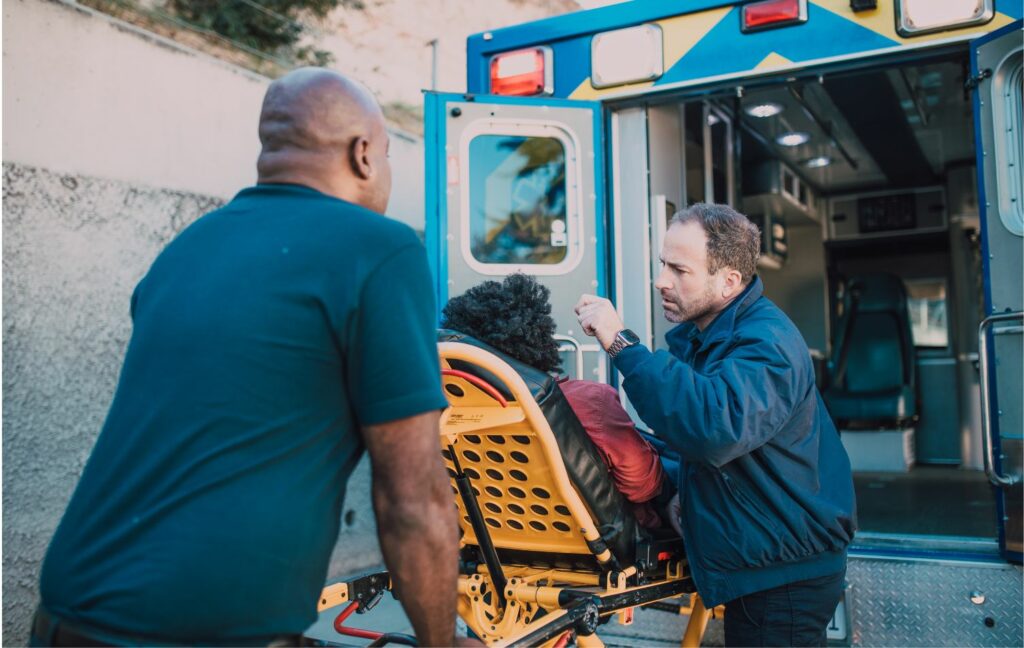
Develop the skills to manage complex incidents and mass-casualty events efficiently, optimizing resources and care delivery in high-demand situations.
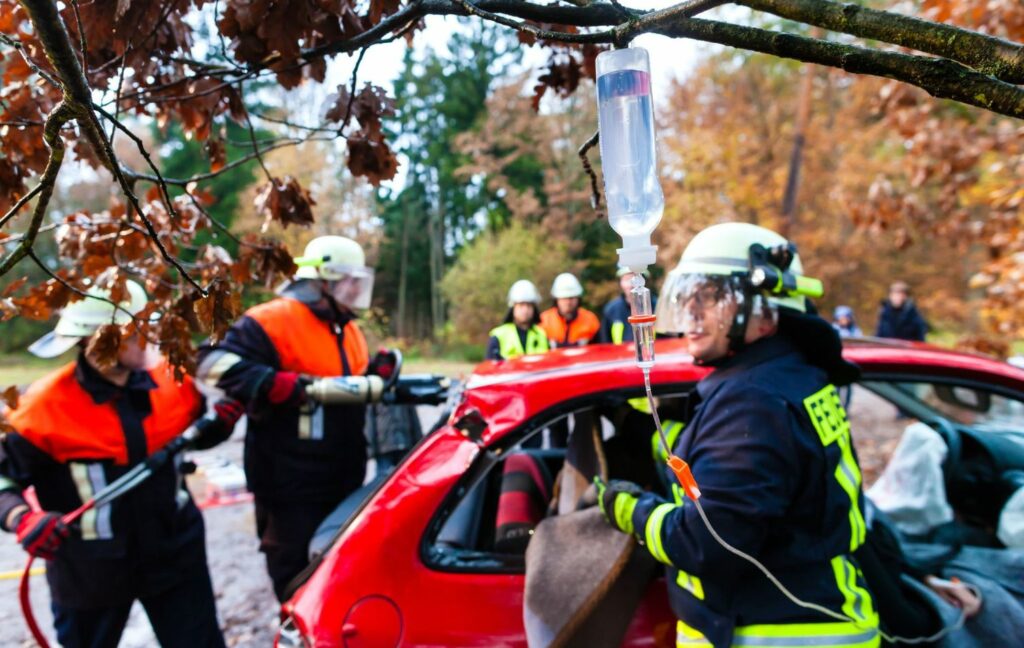
Learn advanced techniques for safely extricating victims from vehicles and handling specialized rescue scenarios, enhancing your capabilities as an EMS professional.
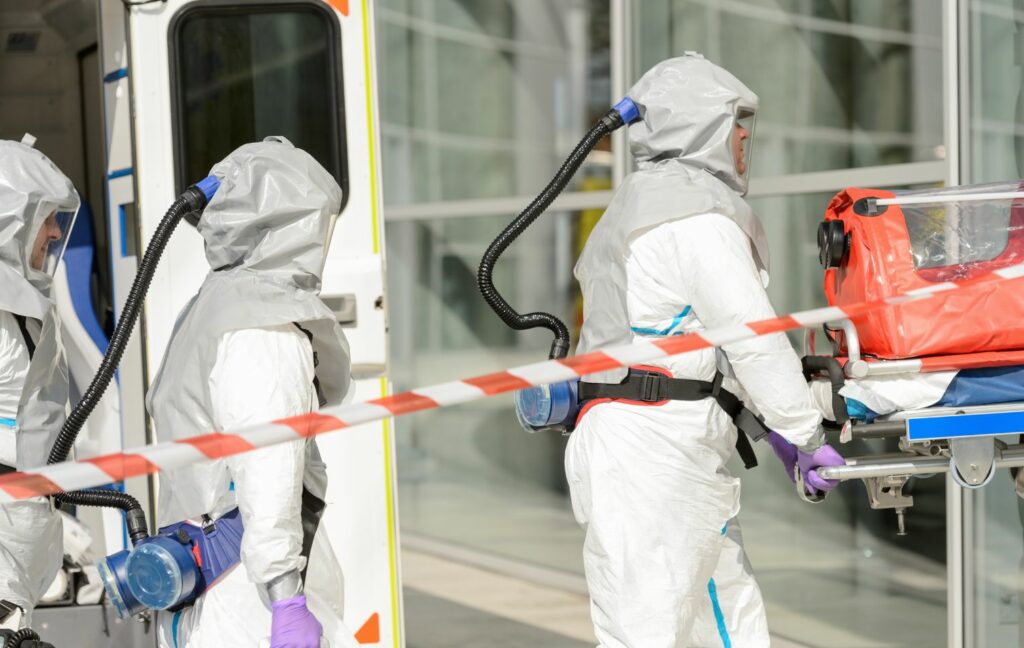
Master the handling of hazardous materials incidents, ensuring safety and minimizing risks to both responders and the community during chemical emergencies.
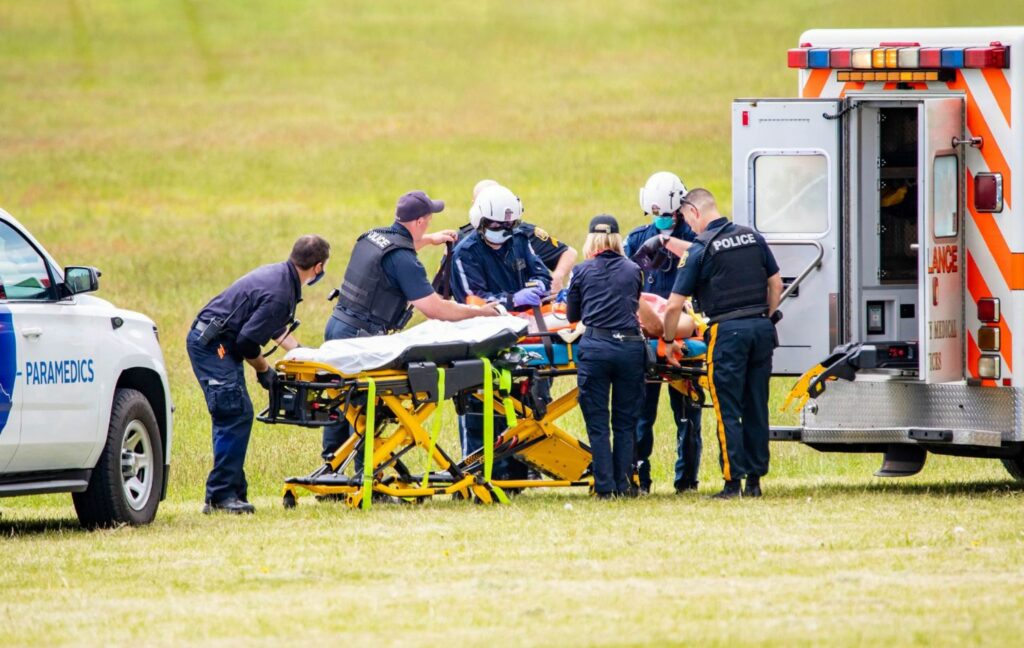
Equip yourself to respond to acts of terrorism, understanding the unique challenges and protocols for providing emergency care in these high-risk scenarios.